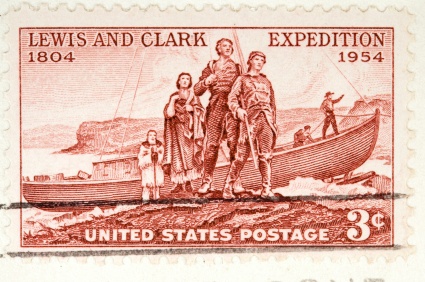The Church Leadership Trust Factor
By: Vanderbloemen

In 1803, President Thomas Jefferson sent Lewis and Clark on an expedition to find a waterway to the Pacific Ocean. That complex and dangerous exploration ranks as one of the great watershed moments in the history of the United States. In June of 1805, the expedition party reached a fork in the Missouri River—which way should they go, right or left? Which was the true course of the river?
Lewis and Clark were convinced that the left fork was the true Missouri River, but all the other men believed it was the right fork. The two leaders stated their case, but the men remained unconvinced. Unanimously, the group thought the two leaders were wrong, yet they had such respect for the leadership of Lewis and Clark that Meriwether Lewis said about the group, “Very cheerfully they said they were ready to follow us anywhere we thought proper to direct, but that they still thought that the other was the river.” It turned out that the two leaders were right. The men of the expedition were convinced the two leaders were wrong, yet they were willing to follow wherever they led!
How do we as pastors gain that kind of trust from followers in church leadership? How do we in church leadership gain that kind of trust from church members? Let me suggest just a few factors.
Trust is built by consistency. Consistency of message, consistency of vision, consistency of life (is your church leadership the same in private that it is in public?).
Trust is built by longevity. Deposits in your church leadership bank are built up over time. People will trust you when they know you are there for the long haul. People will see you sharing their passages of life.
Trust is built by dependability. Are you a person of your word? Do you keep appointments on time? Do you follow through? If you make a promise, be sure it is kept!
Trust is built by hard work. Your meetings are planned and purposeful. Your messages show preparation. Your services are well thought out. Everything about your church leadership is intentional.
Trust is earned—it cannot be demanded or assumed.
What other traits build trust in church leadership?



